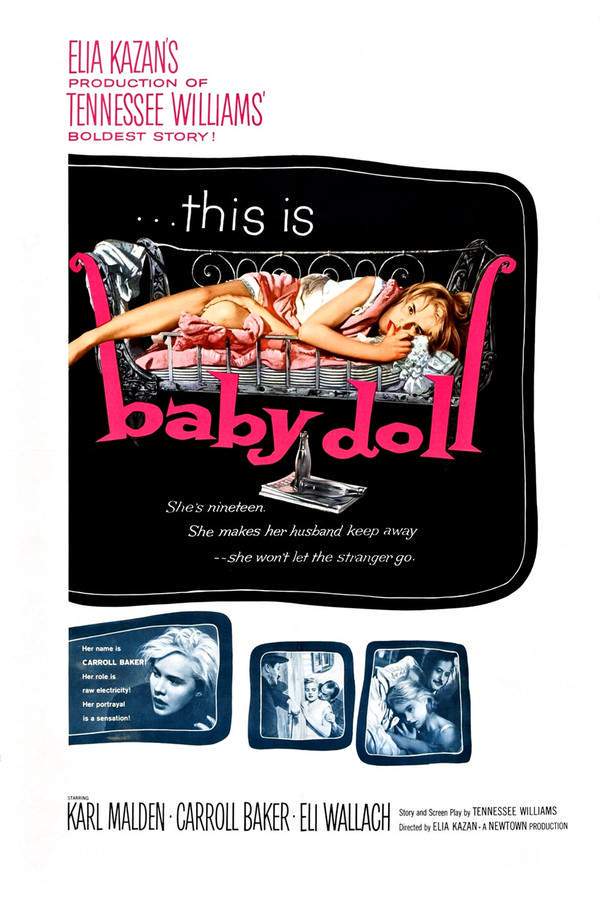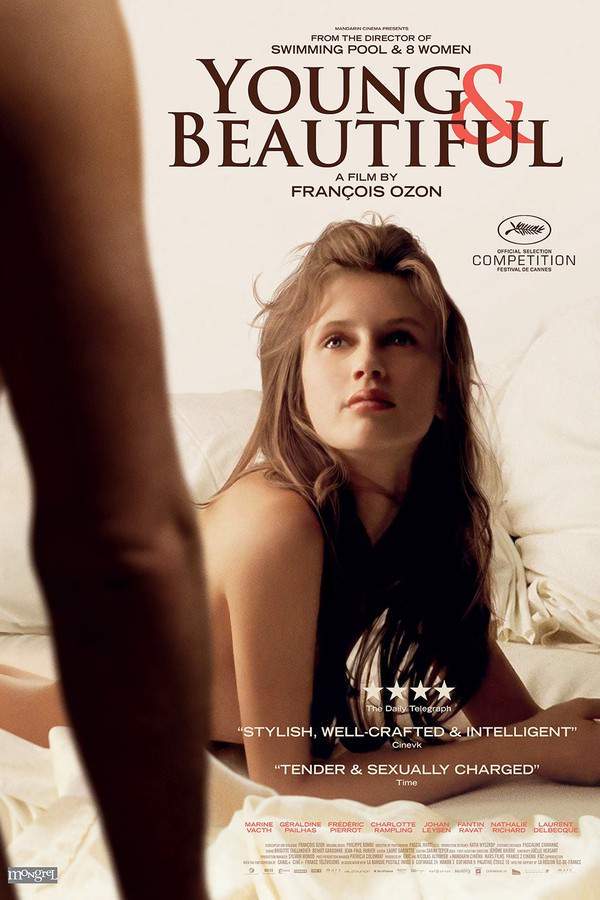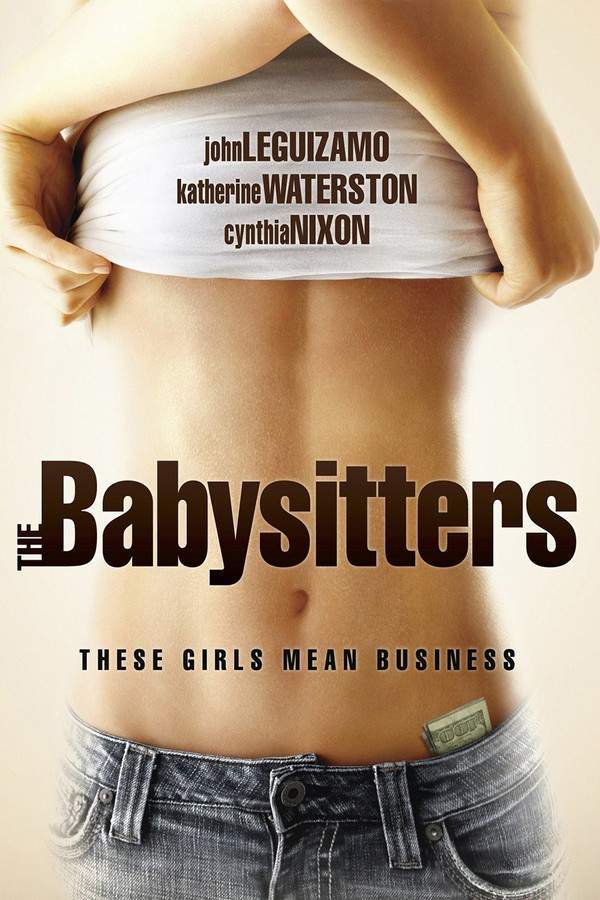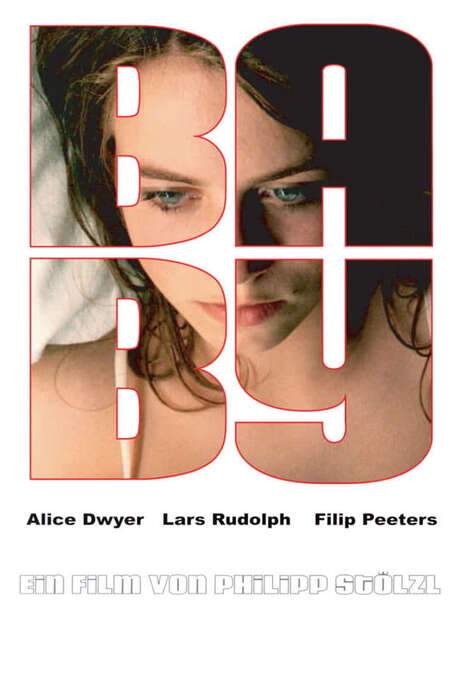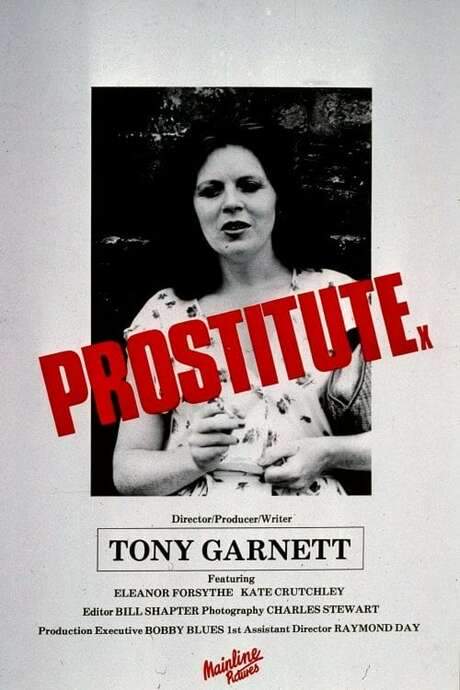Pretty Baby 1978
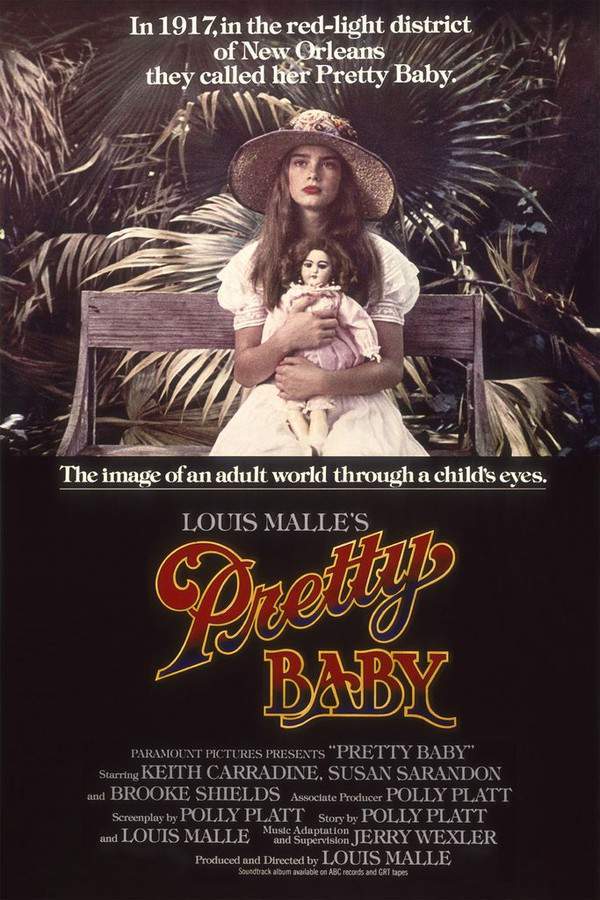
In 1917 New Orleans, the lives of a prostitute named Hattie and photographer E.J. Bellocq intertwine in a poignant story. Their complicated relationship deepens when Hattie's twelve-year-old daughter, Violet, becomes involved in the city’s dangerous and shadowy world. Hattie must confront difficult choices as she tries to protect her daughter while navigating her own challenging circumstances.
Does Pretty Baby have end credit scenes?
No!
Pretty Baby does not have end credit scenes. You can leave when the credits roll.
Meet the Full Cast and Actors of Pretty Baby
Explore the complete cast of Pretty Baby, including both lead and supporting actors. Learn who plays each character, discover their past roles and achievements, and find out what makes this ensemble cast stand out in the world of film and television.
External Links and Streaming Options
Discover where to watch Pretty Baby online, including streaming platforms, rental options, and official sources. Compare reviews, ratings, and in-depth movie information across sites like IMDb, TMDb, Wikipedia or Rotten Tomatoes.
Ratings and Reviews for Pretty Baby
See how Pretty Baby is rated across major platforms like IMDb, Metacritic, and TMDb. Compare audience scores and critic reviews to understand where Pretty Baby stands among top-rated movies in its genre.

66
Metascore
5.3
User Score


%
TOMATOMETER

0%
User Score

6.5 /10
IMDb Rating

70
%
User Score
Take the Ultimate Pretty Baby Movie Quiz
Challenge your knowledge of Pretty Baby with this fun and interactive movie quiz. Test yourself on key plot points, iconic characters, hidden details, and memorable moments to see how well you really know the film.
Pretty Baby Quiz: Test your knowledge on the 1978 film 'Pretty Baby' and its poignant exploration of childhood and social issues in early 20th century New Orleans.
Who plays the character Violet in 'Pretty Baby'?
Brooke Shields
Susan Sarandon
Frances Faye
Keith Carradine
Show hint
Awards & Nominations for Pretty Baby
Discover all the awards and nominations received by Pretty Baby, from Oscars to film festival honors. Learn how Pretty Baby and its cast and crew have been recognized by critics and the industry alike.
51st Academy Awards 1979
Music (Adaptation Score)
Full Plot Summary and Ending Explained for Pretty Baby
Read the complete plot summary of Pretty Baby, including all major events, twists, and the full ending explained in detail. Explore key characters, themes, hidden meanings, and everything you need to understand the story from beginning to end.
This film draws inspiration from an interview with a real child prostitute who worked in New Orleans during the early 20th century, as documented in Al Rose’s book “Storyville, New Orleans: Being an Authentic, Illustrated Account of the Notorious Red-Light District.”
The story commences with Violet, portrayed by Brooke Shields, an eleven-year-old girl witnessing the birth of her baby brother. This moment reflects her own origins as the daughter of Hattie, who is played by Susan Sarandon, a prostitute with an unknown client. In 1917, Violet resides among several children at Madam Nell’s brothel, owned by Frances Faye.
One day, a photographer named Bellocq, enacted by Keith Carradine, visits looking for a model. While Hattie poses for him, Violet’s curiosity becomes a point of interest, albeit initially a nuisance for Bellocq. Over time, he becomes charmed by her, fascinated by the fact that he prefers to photograph women rather than engage in the expected sexual activities.
Despite her tender age, Violet has already become entangled in the brothel’s operations. One day as she plays in an upstairs bedroom, Hattie brings in a client, insinuating that Violet is a virgin who is “only for French.” Violet is then expected to follow her mother and the client into the bedroom, indicating a grim acceptance of her reality. As the scene unfolds, it becomes apparent that Violet is to engage in a sexual act, and with the resigned demeanor of someone all too familiar with this life, she enters the room, shutting the door behind her.
As Violet approaches her twelfth birthday, preparations are made to auction her virginity. Madam Nell hosts a dinner for her elite clients during which Violet, adorned in a sheer gown, is paraded like a prize. Afterward, dressed in a white party dress, she stands as men bid for her. The highest bidder, Don Lutenbacher, takes her to a bedroom, and a brief scream signals her initiation into womanhood—though she reveals herself to be joking when her friends later check on her.
Violet quickly becomes a staple of the brothel, often at her own peril, such as being interrupted during her bath for a customer. Meanwhile, Hattie’s boyfriend, Alfred Fuller, played by Don Hood, plans to take Hattie and her infant son to St. Louis, leaving Violet behind under the guise of being her sister. As tensions rise, Violet misbehaves and is subjected to a harsh punishment from the bartender, resulting in a scene that both chills and showcases her defiance.
Opting to leave the brothel, Violet attempts to move in with Bellocq. Initially opposed, he finds it hard to resist her charms, but Violet soon grows restless with being just a photography muse. After a heated argument following a public nude photography session—a controversial moment in the film—Violet retaliates by damaging Bellocq’s precious negatives, leading to her expulsion from his life.
Returning to the brothel, she is met with a declining atmosphere as the city pressures Madam Nell to close her business. When things seem bleak, Bellocq arrives to profess his love and propose marriage, a rare allowance given Violet’s abandonment by her mother. They celebrate this newfound happiness with a picnic along the river.
However, the reality of marriage soon settles in. After two weeks, it’s evident that Violet still struggles with her role as a wife, as she primarily engages in intimate relations and sleeps. The couple’s moment is interrupted by Hattie, who now demands that Violet join her family in St. Louis. Torn between her mother and Bellocq, Violet lacks the authority to refuse, leading to a poignant moment at the train station where her new stepfather attempts a family portrait. In that moment, Violet’s expression hints at her deep internal conflict, prompting her to question whether she can ever revert to the innocence of childhood after her tumultuous experiences.
Uncover the Details: Timeline, Characters, Themes, and Beyond!

Coming soon on iOS and Android
The Plot Explained Mobile App
From blockbusters to hidden gems — dive into movie stories anytime, anywhere. Save your favorites, discover plots faster, and never miss a twist again.
Sign up to be the first to know when we launch. Your email stays private — always.
Watch Trailers, Clips & Behind-the-Scenes for Pretty Baby
Watch official trailers, exclusive clips, cast interviews, and behind-the-scenes footage from Pretty Baby. Dive deeper into the making of the film, its standout moments, and key production insights.
Cars Featured in Pretty Baby
Explore all cars featured in Pretty Baby, including their makes, models, scenes they appear in, and their significance to the plot. A must-read for car enthusiasts and movie buffs alike.
Pretty Baby Themes and Keywords
Discover the central themes, ideas, and keywords that define the movie’s story, tone, and message. Analyze the film’s deeper meanings, genre influences, and recurring concepts.
Pretty Baby Other Names and Titles
Explore the various alternative titles, translations, and other names used for Pretty Baby across different regions and languages. Understand how the film is marketed and recognized worldwide.
Similar Movies To Pretty Baby You Should Know About
Browse a curated list of movies similar in genre, tone, characters, or story structure. Discover new titles like the one you're watching, perfect for fans of related plots, vibes, or cinematic styles.
Quick Links: Summary, Cast, Ratings, More

What's After the Movie?
Not sure whether to stay after the credits? Find out!
Explore Our Movie Platform
New Movie Releases (2025)
Famous Movie Actors
Top Film Production Studios
Movie Plot Summaries & Endings
Major Movie Awards & Winners
Best Concert Films & Music Documentaries
Movie Collections and Curated Lists
© 2025 What's After the Movie. All rights reserved.


